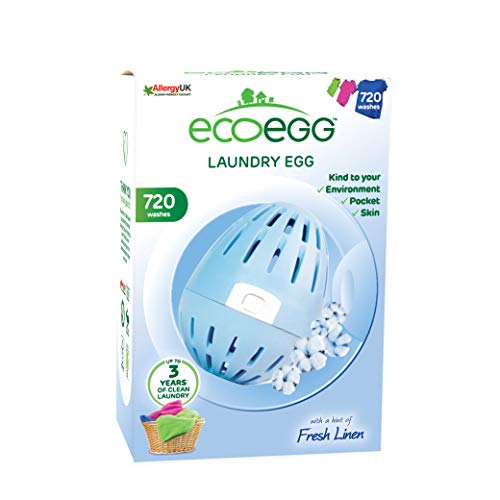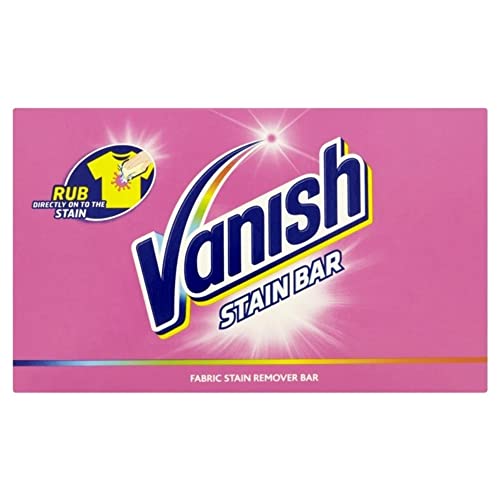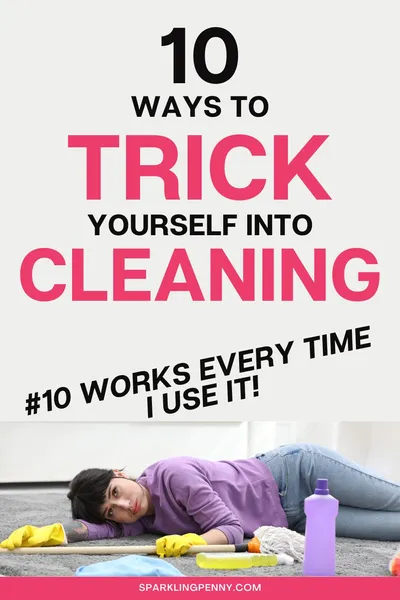I have experimented with lots of different options for laundry detergent a lot over the years.
I have made my own (both liquid and powder), tried alternatives like Ecoegg, and also a mix of homemade and regular.
Today I’m going to be talking about the pros and cons of homemade laundry detergent, so you can decide whether it is for you!
Heads up: I sometimes use affiliate links. When you click these links and make a purchase, I may get a small commission. It won’t cost you anything but it helps me to run this site.
Pros of using homemade laundry detergent
There are several advantages to using homemade laundry detergent over shop-bought kinds.
Here are the ones that stand out:
Generally cheaper
Making your own laundry detergent with soap flakes, borax and washing soda crystals is generally cheaper than regular detergent. With just one bar of soap, a cup of borax and a cup of washing soda crystals you can make enough for 20 loads of laundry.
Environmentally friendly
Homemade washing detergents do not contain phosphates which can pollute the environment affecting plants and wildlife.
Less plastic waste
Liquid laundry detergent usually comes in plastic bottles. Recently we have all become more aware of how damaging plastic is to the environment. When you make your own detergent you can cut down considerably on plastic usage.
No big bottles to bring back from the store
Cut down on the big bottles you have to buy from the store. Washing detergent can be bulky and smelly to bring home.
Better for sensitive skin
If anyone in your family has sensitive skin you will find homemade laundry to be much kinder. Homemade detergent can help those suffering from eczema.
Fragrance-free
Making your own laundry detergent means you are free to choose what goes into it. Choose a fragrance-free bar of soap if you prefer to avoid artificial smells.
Related reading:
- How to wash clothes without soap
- How to make homemade laundry sanitizer
- How to clean dishcloths naturally (without bleach)
- 10 Frugal laundry day hacks to make your washing days easier and cheaper
- How to make homemade washing machine cleaner (natural recipe)
- Can you use laundry detergent to wash dishes?
Cons of using homemade laundry detergent

Now let’s look at some reasons why you might not want to go with a homemade detergent for your laundry.
Not as convenient
Of course, when we say ‘homemade’ we mean that you have to make an effort to make it. The recipe I give you below is super easy. The most time-consuming job you will have to do is to grate a bar of soap, but that should take you just minutes.
Doesn’t remove stains
Washing soda crystal and borax are the main ingredients in homemade laundry detergent. Whilst these do a very good job of getting your clothes clean you might find your homemade detergent doesn’t lift stubborn stains such as tomato and greasy marks. For that, you would need to use a stain-remover spray.
If you are already using a stain remover spray then you should find the transition to homemade pretty seamless.
Doesn’t get whites white
Washing soda crystals are a natural whitener. Regular detergents have got us used to whiter (almost blue) whites. For really white whites you would need to add a scoop of Oxiclean or similar to your wash.
Fewer suds
If you like to see bubbles in your wash don’t use homemade detergent because generally, you will see fewer suds due to there being less surfactants in your wash.
Doesn’t smell
Unless you use a scented soap bar in your homemade recipe your laundry won’t have a smell. This might be a pro for you if you don’t like the strong smells of traditional detergent. Some detergents can have an over-powering smell.
Could be bad for your washing machine
Soap such as Dr Bronners, and Fels-Naptha combined with hard water can produce soap scum which can clog up your washing machine and make it smell. If you have hard water be careful not to use too much soap and avoid frequent cold temperature washing.
Does homemade laundry soap really clean?

In my experience, yes homemade laundry soap really does clean! It will most definitely lift dirt from your laundry. However, what DIY laundry soap won’t do is remove stubborn stains and whiten your whites. To do that you will need to pretreat stains with a whitening product such as Oxiclean.
To pretreat stains make up a spray bottle of traditional detergent and water and apply directly to the stain before you put it in the machine. Alternatively, rub with Vanish stain remover bar or add a scoop of stain remover powder to your wash such as Vanish stain remover powder.

Add some essential oils to your laundry soap and your laundry will smell gorgeous.
Related post:
How To Remove Tea Stains From White Clothes (whiter whites secrets)
How to make a large batch of homemade laundry soap powder
Here’s how to make natural laundry detergent. I find this the most convenient because it is a powder that you can just throw into the tub.
Ingredients
- Borax
- Washing Soda Crystals
- Ivory Soap or Fels Naptha
Method
- Grate one bar of soap
- Mix the grated soap with one cup of borax and one cup of washing soda crystals
- Store in an airtight container
Add about 1/4 cup per washing load. For extra cleaning power and whitening add one scoop (about a tablespoon) of stain remover such as Oxiclean.
If you can’t get hold of borax or prefer not to use it, simply double up on washing soda crystals instead.
Is DIY laundry detergent safe?
DIY laundry detergents contain fewer chemicals than regular laundry detergents. The ingredients in homemade laundry detergent are considered safe. When you mix your laundry powder wear a mask to protect yourself from airborne dust.
What are the alternatives to homemade laundry detergent?
Traditional detergent
Of course, if you find homemade laundry detergent doesn’t work out for you go back to regular detergent. If you aren’t getting the results you want and find you have to rewash things then the saving you made is a waste of time and resources.
Ecoegg
I recently discovered Ecoegg and really like it. Ecoegg has its limitations but on the whole, it is a cost-effective and convenient alternative to traditional detergent. I found it especially good for washing delicate items for which you would typically avoid biological detergent. Plus, it is perfect if you have sensitive skin.
Soap nuts
A lot of people love soap nuts. I wrote a post about the pros and cons of soap nuts here.
Soap nuts are naturally occurring. You can buy the shells (which is the bit that produces the soap) in sacks of about 1KG. You add about 3-4 shells to your wash inside a pouch. When the soap nut shells mix with warm water they produce natural soap suds. When a soap nut is spent (i.e. it stops producing suds) you can put it on your compost heap, and it will naturally degrade without any impact on the environment.
Related posts:
- 13 Best Uses For Soap Nuts You Never Knew
- Soap Nuts Pros and Cons – Should You Make The Switch?
- Soap Nuts VS Ecoegg – Which Is Best For You?
- Can You Use Soap Nuts For Hair?
I haven’t settled on soap nuts as my primary detergent because when I compared soap nuts with Ecoegg I found I preferred Ecoegg primarily for its convenience.
Why not try half and half?
I’ve been using a half-and-half method for several years now. I started out using 100% homemade detergent but as the disadvantages began to appear (such as lack of stain removal, and whitening), I switched to a half and half method.
Now I use half the amount of regular detergent combined with a scoop (about a tablespoon) of washing soda crystals. The washing soda crystals are effective at bumping up the cleaning power of the regular detergent because they soften the water meaning you don’t need as much detergent to produce the same cleaning power as full-strength detergent.
Using the half-and-half method I get the best of both worlds. On the one hand, I save money, but on the other, I get the stain-removing power of traditional detergents along with some added fragrance. It’s also pretty convenient because there is nothing to mix up, I just add a dose of regular detergent and then throw in some washing soda crystals. If there are some really stubborn stains that I think won’t shift I will spray them directly with some normal biological detergent or rub them with a Vanish stain remover bar.
Lately, I have been swapping out washing soda crystals for an Ecoegg instead. Ecoegg has a similar effect to washing soda crystals in that it naturally softens the water. You can use Ecoegg on its own for the whole wash because it is capable of cleaning without any extra help. But as with homemade detergent, the Ecoegg won’t shift stubborn stains such as tomato sauce and grease.
Update! Now I’ve switched to cold washing and run a long cycle along with a tiny amount of detergent and some washing soda crystals. Find out how I do my weekly laundry (almost) for free and still get a great wash.

















Share your thoughts
Your email address will not be published. Required fields are marked *